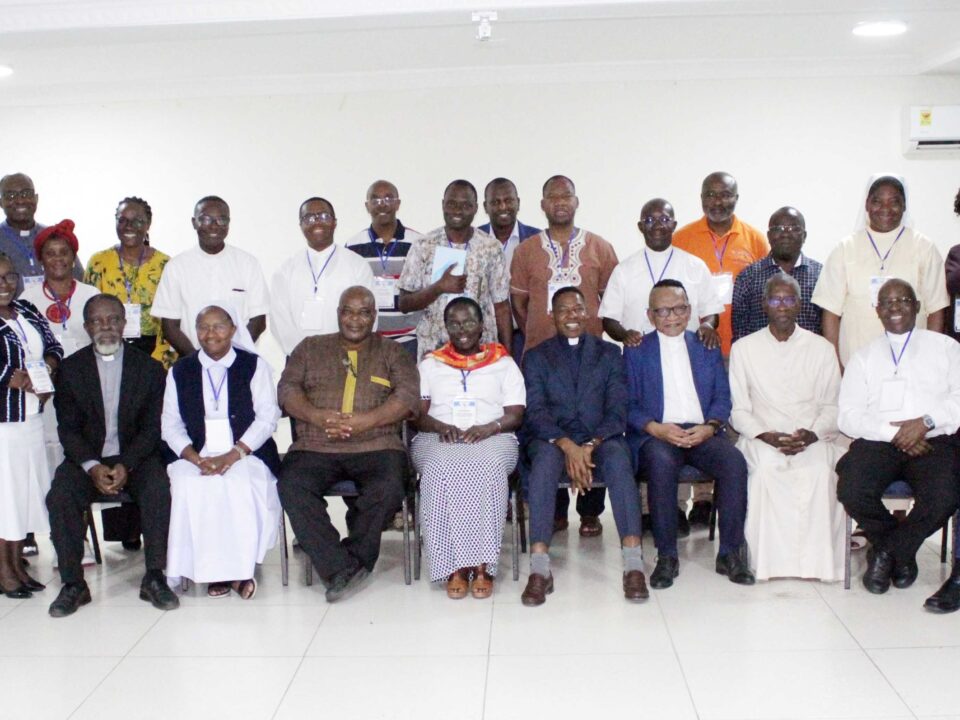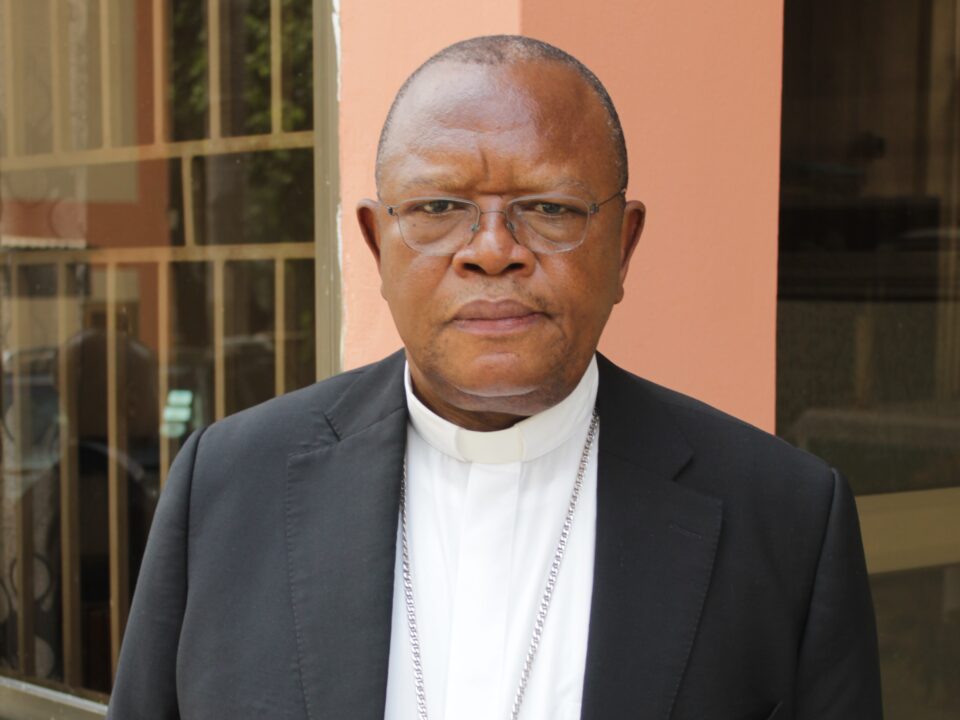- Contact us on - Contactez-nous sur - Contacte-nos em
- +233-30-277-8867/8
- +233-30-277-2548
- secam@secam.org
SECAM TO SET UP A CONTINENTAL RECONCILIATION COMMITTEE
A Continental Reconciliation Committee is to be established by the Symposium of Episcopal Conferences of Africa and Madagascar (SECAM) to address issues that may lead to conflicts or violence and also mediate them wherever the occur.
This was contained in a Final Message signed on March 15, 2015, by Archbishop Gabriel Justice Anokye, Second Vice President of SECAM and Chairman of SECAM Justice, Peace and Development Commission, at the end of a Continental Congress on the theme: Justice and Peace at the service of Reconciliation and Integral Development of Africa that took place in Windhoek, Namibia from March 12- 15, 2015.
The participants of the Congress noted that Africa is often confronted with issues of violence and religious extremism and called for sincere and committed inter-religious dialogue towards the consolidation of peace and the bringing together of peoples and cultures. “We are convinced that inter-religious dialogue coupled with good governance practices by our African leaders will constitute a genuine engine for the integral development of our countries.” the Message added.
On Migration, the participants appealed to African leaders to strive for the creation of better living conditions and the provision of jobs, particularly for the youth, through intelligent, responsible, good and sound governance and the judicious use of resources.
In response to the health crisis, including the Ebola virus, the HIV/AIDS pandemic and other diseases such as malaria, the Message would like the Church as a Family-Church of God in Africa to intensify the significant role that she has been playing for the promotion of national health policies. It also called on national Governments in Africa to make access to healthcare a right to all people and not a privilege for the rich.
During the Congress, Rev. Fr. Fradereck Chiromba, Secretary General of the Zimbabwe Catholic Bishops’ Conference, presented a paper on Political Dialogue and Peaceful Democratic Transitions in Africa: Role of the Catholic Parliamentary Liaison Offices (CPLOs).
According to him the CPLO as an official vehicle for contact and dialogue between the Catholic Church and Parliament or Government should provide an avenue for the Church – as part of civil society – to contribute to debates on issues of public policy, to exert an influence for the common good in areas of political, economic and social concern and to help shape legislative and policy developments.
Caritas Africa outlined the effects of Climate Change which causes extreme weather conditions, thus resulting in low and poor agricultural production, loss in livelihoods, poor health and sometimes social upheavals.
Mr. Jacques Dinan, the Executive Secretary of Caritas Africa, who made the presentation therefore called for measures such as Climate Change Adaptation and the need for networking for lobbying and advocacy in addressing the phenomenon.
As one of the steps to addressing the issues of Climate Change and taking a cue from the Pan-Amazonia Church Network (REPAM), Africa Justice and Peace Commissions will create an African Church Network regrouping particularly in the neighboring countries of the Equatorial Forest for transparent and responsible management of the Forest.
Other papers presented at the Congress included: a) The Church’s Role in Promoting Social Cohesion and National Policies to Respond to Epidemics Such as HIV and Ebola Virus Disease, by Rev. Richard W. Bauer, a MaryKnoll Priest and b) Reconciliation in Africa by Rev, Fr. Joseph Aka, Assistant Secretary General of the Regional Episcopal Conferences of West Africa (RECOWA).
The participants expressed their gratitude to MISEREOR, a German Development Agency; CAFOD of the UK and CARITAS Africa for their assistance and solidarity.




